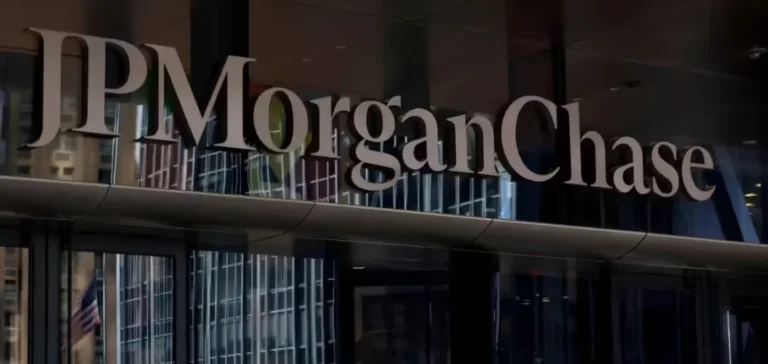JP Morgan Chase has announced a $1.5 trillion investment plan over ten years to support sectors deemed essential to the economic and industrial security of the United States, including critical minerals. The initiative will enable direct equity and venture capital investments of up to $10 billion in companies primarily based in the US.
Focus on American industrial sovereignty
The programme, called the Security and Resiliency Initiative, targets four key areas: supply chains and advanced manufacturing including critical minerals, pharmaceutical precursors and robotics; defence and aerospace technologies; energy independence; and frontier technologies such as artificial intelligence and quantum computing.
JP Morgan Chase Chairman and Chief Executive Officer Jamie Dimon stated that “the United States has become too dependent on unreliable sources for critical minerals, products and manufacturing,” pointing out that these dependencies pose a threat to national security. He added that the initiative aims to ensure access to life-saving medicines and strategic materials, while supporting energy infrastructure and advanced technologies.
Backing for high-capital mining projects
The bank intends to finance projects often avoided by traditional lenders due to commodity price volatility and regulatory uncertainty. Extraction and processing of critical minerals typically require substantial upfront investment before revenue is generated, which discourages conventional financing.
In 2024, the United States imported more than 50% of its supply for 31 out of 50 minerals considered critical, according to the US Geological Survey. China remains the dominant global processor of many of these materials, increasing supply chain risks and strengthening calls for domestic industrial relocation.
A response to global market imbalance
The price of battery-grade lithium carbonate delivered in the US (minimum 99.5% Li2CO3), assessed by Platts at $11,500/mt on October 10, remained stable day on day and rose compared to the previous week. This price reflects persistent strain on supply chains for battery components.






















